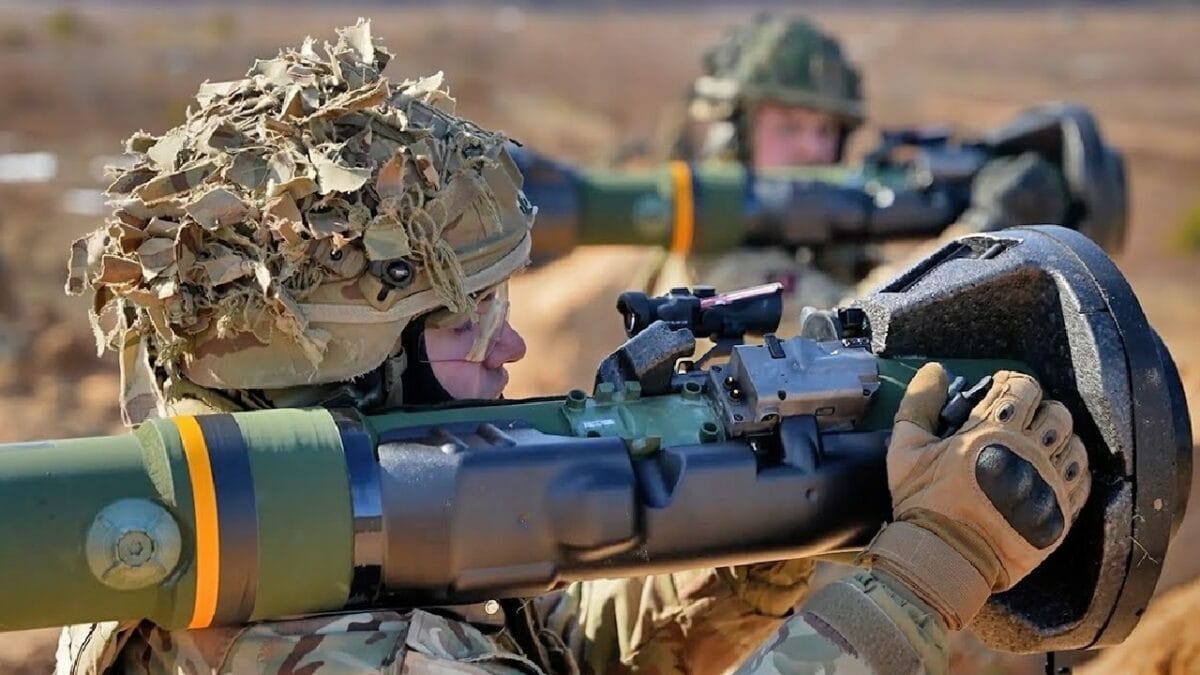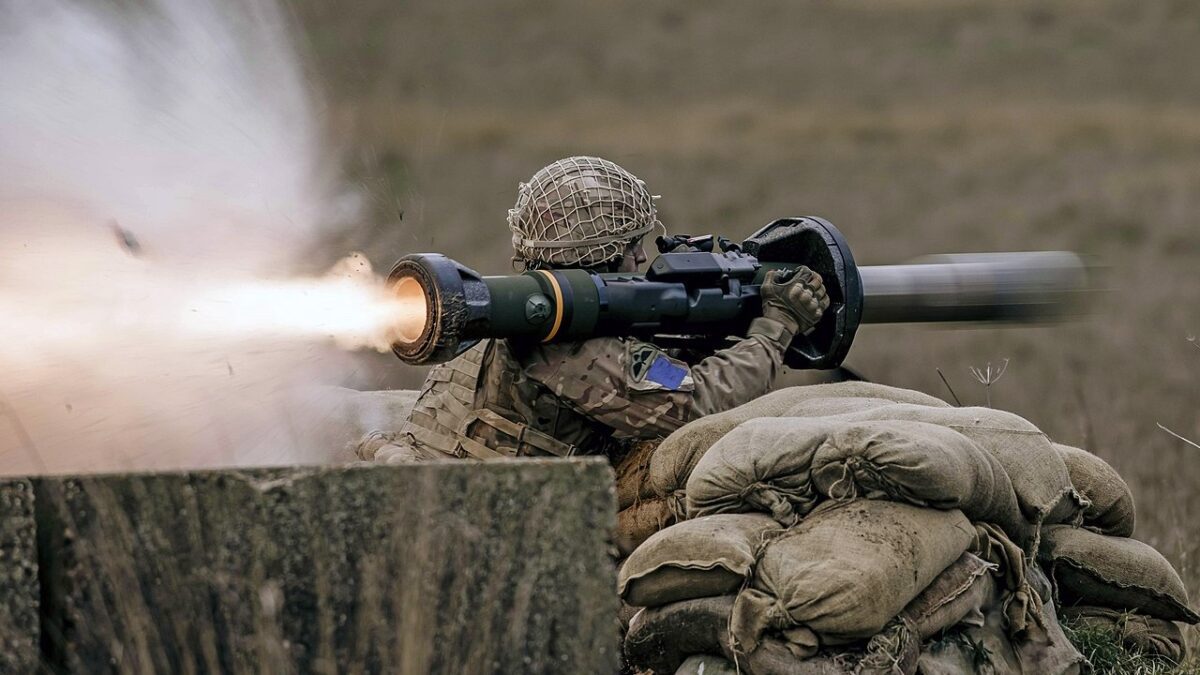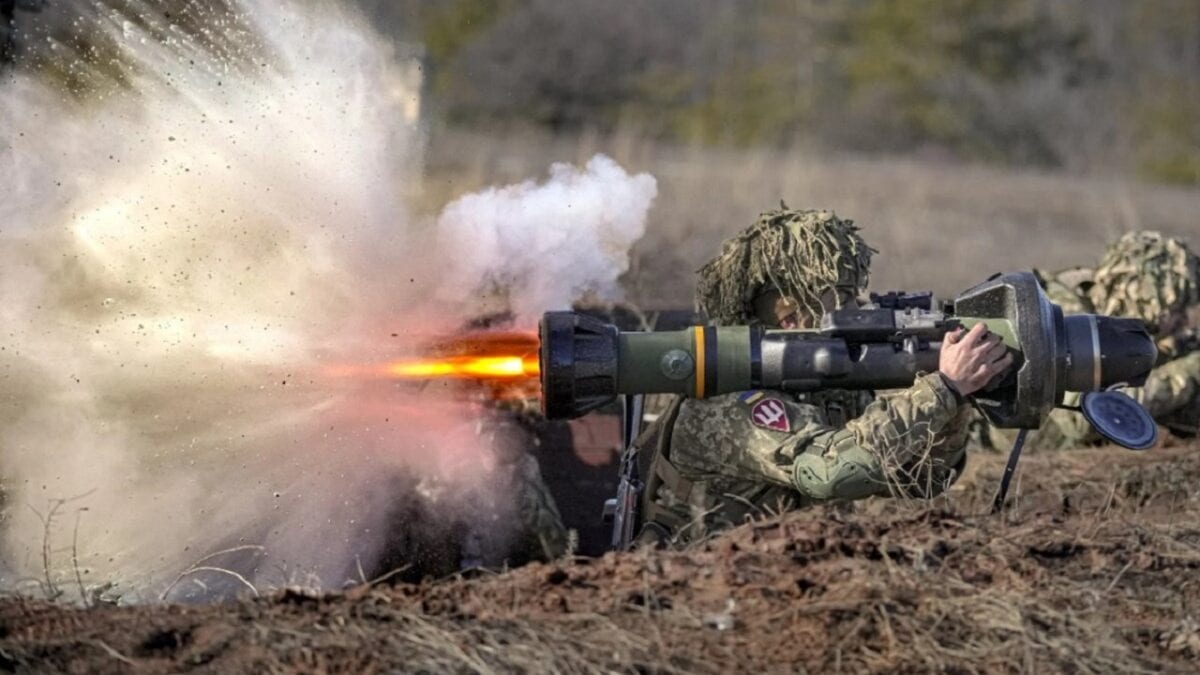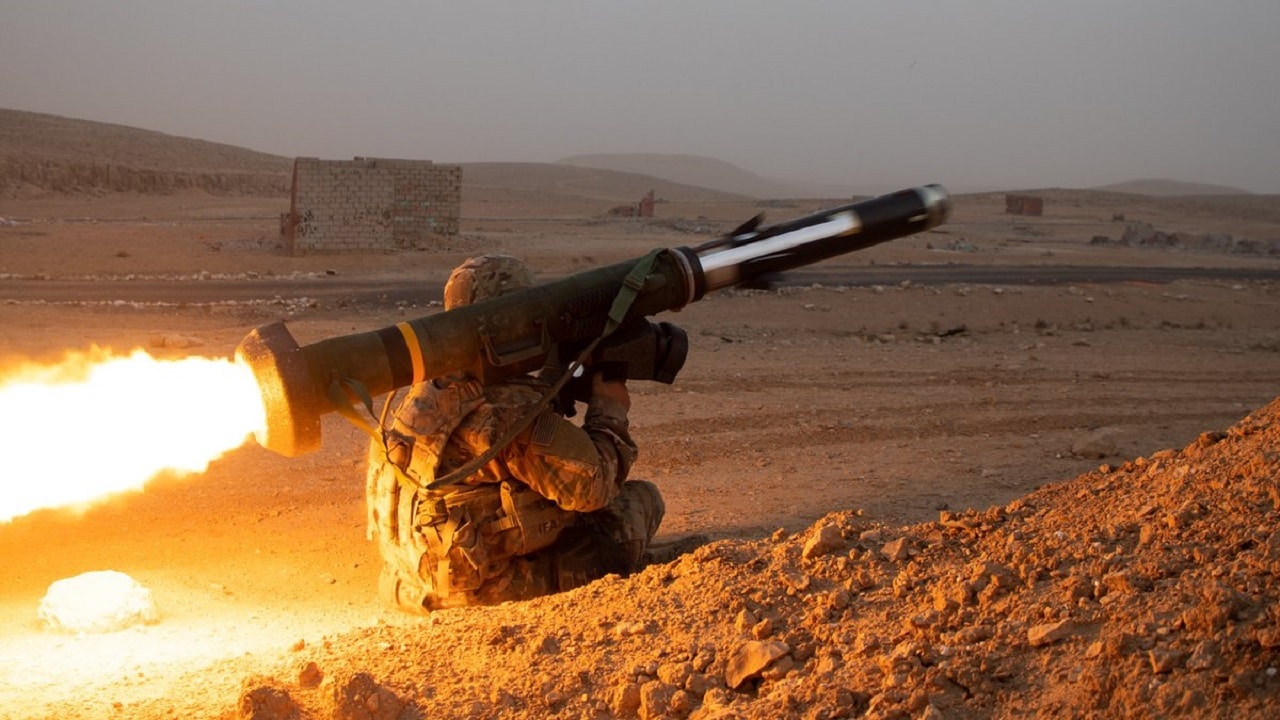Following a visit by President Joe Biden to its facility in Alabama last year, Lockheed Martin Corp announced that it has plans to nearly double production of the Javelin missile. This anti-tank weapon has aided Ukraine in its fight against Russia.
The defense contractor said it will boost output to 4,000 units per year, up from the 2,100 that are currently produced yearly.
The increase will take a couple of years, however. It will be crucial to replenish supplies of the weapons, as the United States has seen its stockpiles depleted.
Meet the Javelin
The FGM-148 Javelin Advanced Anti-Tank Weapon System-Medium (AAWS-M) is considered to be among the world’s best shoulder-fired anti-tank weapons. It is currently operated by a dozen nations. Each missile weighs 11.8kg while its command launch unit (CLU) and round weigh 6.5kg and 15.9kg respectively.
The man-portable launcher fires a 127mm (5-inch) round that is equipped with an 8.4kg (19 pounds) tandem-charge HEAT (high-explosive anti-tank) warhead. It is equipped with optical sight and thermal imaging.
Meet the NLAW
The Javelin is actually not the only anti-tank weapon employed by the Ukrainian military. In fact, the joint British-Swedish developed Next Generation Light Anti-tank Weapon (NLAW) – also known as the MBT LAW or RB 57 – has been even more widely deployed, as well as a few others.
It is guided by predicted line-of-sight (PLOS), and can be used to carry out an overfly top attack (OTA) on an armored vehicle or a direct attack (DA) on structures and non-armored vehicles.
The NLAW is considered to be excellent at close range, from 20 to 600 meters, and is ideal in combat actions in urban areas, including cities and villages, as its soft-launch system means that the missile is ejected non-explosively, and can be used by infantry from within an enclosed space.
Weighing just 27.5 pounds, it is easy to fire, and light enough that the operator can still carry an additional weapon such as a rifle. NLAW can be used in an attack from almost any position, from up high in a building to behind a tree or even in a ditch/trench.
Operators can fire down 45 degrees and can shoot from inside a building, from a basement, or from the second floor of a building out of the range of most tanks.
Comparing
The Javelin, with an effective range of 1 to 2.5 kilometers or about 1.5 miles, is ideal in an open field. It is also a fire-and-forget platform that utilizes automatic infrared guidance that allows the user to take cover and avoid counter-fire immediately after launch.
As it is a passive weapon and produces little backblast, tank crews are largely unable to detect a Javelin in the area until it’s fired.
The NLAW is also a smaller weapon, which again makes it ideal for the urban fighter, but the most significant consideration could be the platform’s respective costs. Each Javelin system costs around $178,000, while replacement missiles cost an additional $78,000 – while the unit cost of the NLAW is around $40,000.
But the ability of a single operator to destroy an enemy tank with either platform: priceless.

NLAW anti-tank missile.

A member of 2nd Battalion, The Parachute Regiment fires a Next-generation Light Anti-tank Weapon (NLAW)…Paratroopers have demonstrated the firepower that they could bring to bear during combat missions as the British Army’s global response force. ..As the culmination of a course in support weapons skills, paratroopers staged a firepower demonstration on Salisbury Plain. ..The Next-generation Light Anti-tank Weapon (NLAW) is the first, non-expert, short-range, anti-tank missile that rapidly knocks out any main battle tank in just one shot by striking it from above…NLAW utilises predicted line of sight guidance and has overfly top and direct attack modes, and it is easy to use, making it a valuable tank destroyer for light forces that operate dismounted in all environments, including built up areas…It also has night vision capability and is designed for all climate conditions and environments..

NLAW. Image Credit: Creative Commons.

NLAW missile firing. Image Credit: Creative Commons.
Now a Senior Editor for 1945, Peter Suciu is a Michigan-based writer who has contributed to more than four dozen magazines, newspapers and websites. He regularly writes about military hardware, and is the author of several books on military headgear including A Gallery of Military Headdress, which is available on Amazon.com. Peter is also a Contributing Writer for Forbes.

